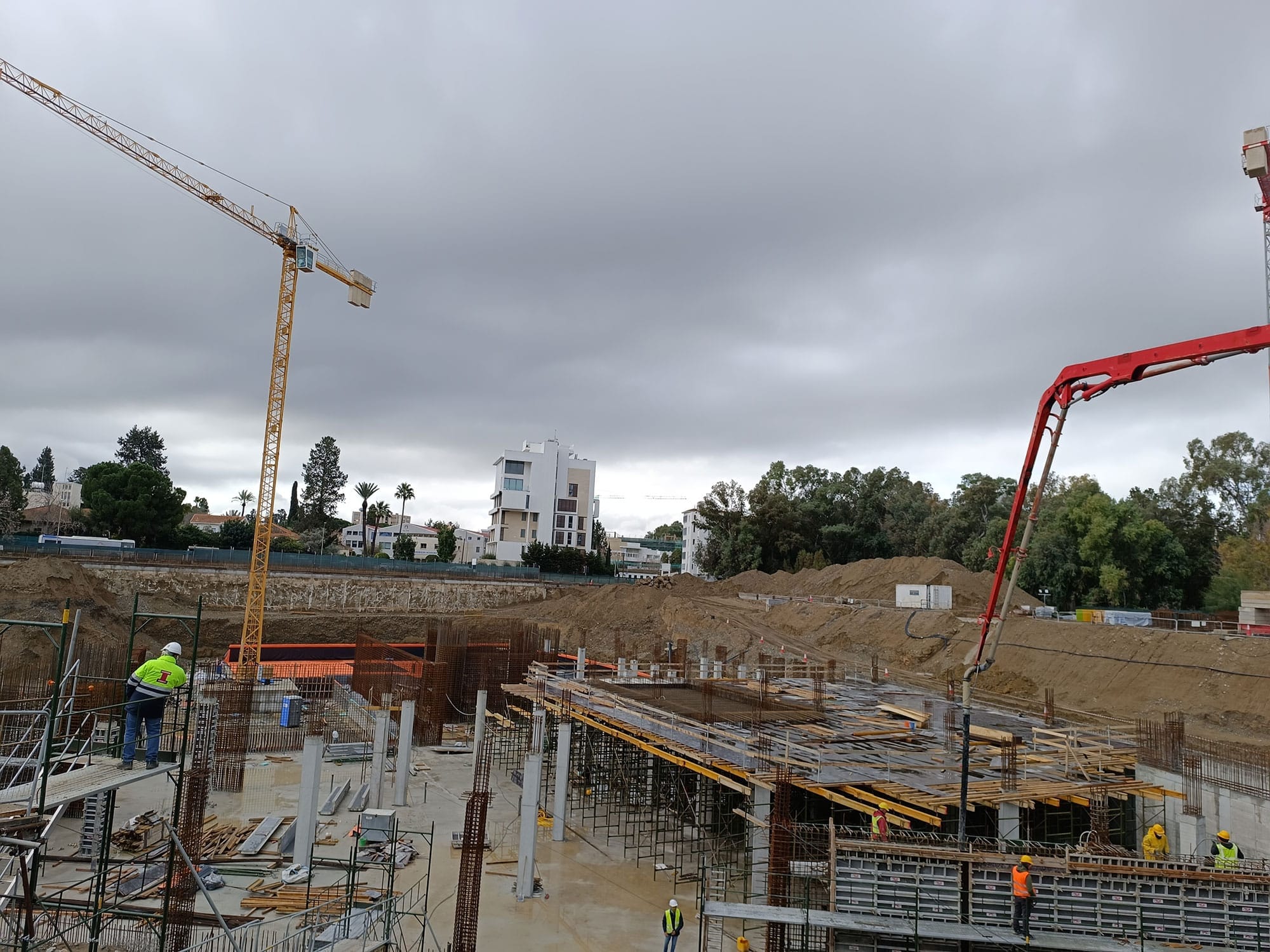Europe Grapples with Construction and Demolition Debris Management
In a recent address, Agriculture Minister Maria Panayiotou highlighted the significant challenge posed by construction and demolition debris, which accounts for a substantial 25 to 30 percent of all waste management issues in Europe. This type of waste is not only one of the heaviest but also one of the most voluminous, making it particularly difficult to manage effectively.
Panayiotou pointed out the environmental strain caused by the construction sector’s growing demand for materials, emphasizing the need for decisive action across Europe. She stressed the importance of meeting the ambitious recycling target of 70 percent for construction waste, a goal that requires targeted solutions beyond national efforts.
The minister recounted the grim situation in 2016 when her ministry took on the responsibility for establishing a waste management framework. At that time, construction waste was predominantly ending up in landfills or being illegally dumped in fields. To combat this, her ministry took several steps, including the establishment of treatment facilities for construction waste, enhancing environmental controls, and revising legal frameworks to enforce the “polluter pays” principle.
New regulations now mandate that waste producers maintain agreements with licensed construction and demolition waste management units. Additionally, construction project operators must estimate waste quantities and adhere to a management plan. Efforts to increase reuse and recycling rates include the creation of a common electronic database.
The ministry also formed a technical committee to promote the use of recyclable materials in line with circular economy principles. This committee comprises various departments, including mines service, geological survey, environment, and public works.
Panayiotou proudly noted the increase from two to 12 treatment facilities since 2016. However, she acknowledged ongoing challenges such as illegal dumping. In response, she has ordered intensified environmental controls and inspections to curb uncontrolled countryside dumping. While progress has been made, Panayiotou admits that the ultimate goal of eradicating illegal dumping and closing all unauthorized waste management sites is still ahead.






